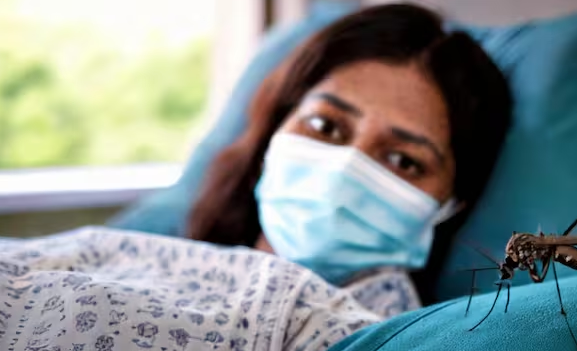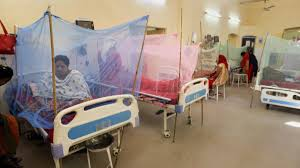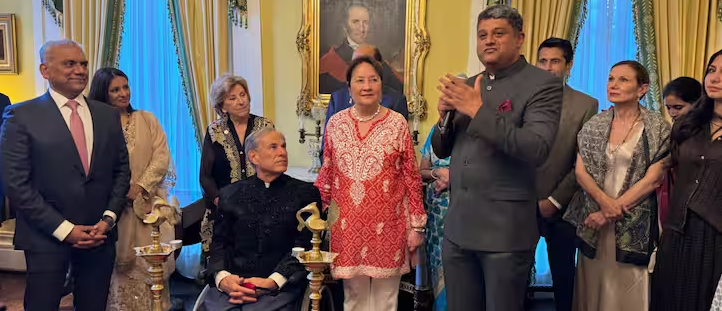Dengue and malaria are again knocking in Delhi, so many cases have been found so far.
- bySherya
- 06 Oct, 2025

This year, Delhi has seen a sharp increase in malaria and dengue cases. According to a report, by the end of September, Delhi had recorded 371 malaria cases, the highest number in the last six years.

As the rains subsided in Delhi, mosquito-borne diseases have once again raised public concern. This year, cases of malaria and dengue have risen sharply in the capital. According to the municipal corporation's data report, 371 cases of malaria have been reported in Delhi by the end of September, the highest in the last six years. This is the first time since 2019 that malaria infections have increased so rapidly. Last year, by the same time, 363 cases were reported, compared to 237 in 2023, 68 in 2022, and only 66 in 2021.
New cases are being reported in the capital every week.
Along with malaria, dengue cases are also steadily increasing. According to the MCD report, 759 dengue cases have been reported so far. Although this number is lower than last year's 1,229 cases, the health department says new cases are being found every week. This year, 61 cases of chikungunya have also been reported, compared to 43 last year. However, it is a matter of relief that no deaths have been reported from mosquito-borne diseases in Delhi so far. Furthermore, the Municipal Corporation report also revealed that many patients' cards were incomplete due to their verification. Consequently, untraced cases remain a major problem for the department. According to the report, the cards of 104 malaria and 626 dengue patients are incomplete, while 76 malaria and 195 dengue patients remain untraced even after verification.
Infections are also increasing in Delhi NCR.
Along with Delhi, malaria and dengue cases are also increasing in NCR areas like Ghaziabad, Noida, Gurgaon, and Faridabad. Ghaziabad has reported 173 cases of dengue and 182 cases of malaria so far. However, the local administration is running several campaigns to address this issue and is urging people to remove water from around their homes. Beyond the capital and Delhi NCR, the dengue and malaria situation is even more serious in Jammu. Jammu has recorded over 1,100 dengue cases so far. Una district in Himachal Pradesh has reported over 40 cases in four days.
Why are dengue and malaria cases increasing?
Experts believe that due to heavy rainfall and persistent waterlogging, mosquito breeding is rampant, leading to a rapid increase in the risk of dengue and malaria infections after the monsoon. Furthermore, to prevent dengue and malaria, experts also advise avoiding water stagnation around homes and keeping water tanks and containers covered. Apart from this, use a mosquito net while sleeping, and if you have complaints like fever, headache, or body ache, contact the doctor immediately.





